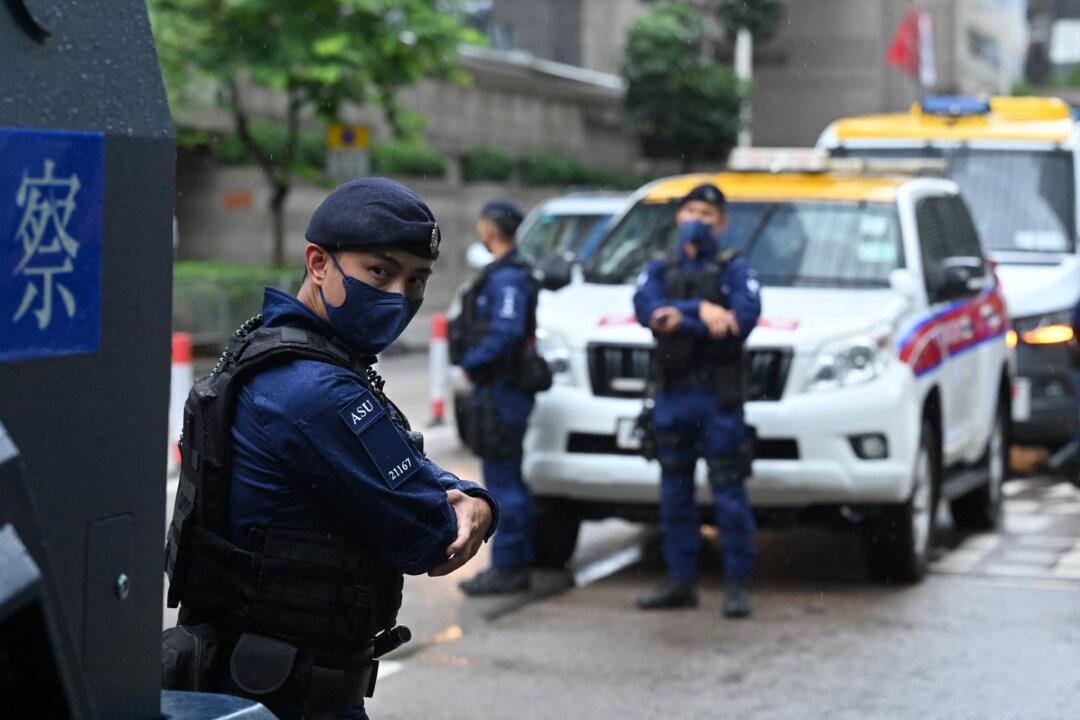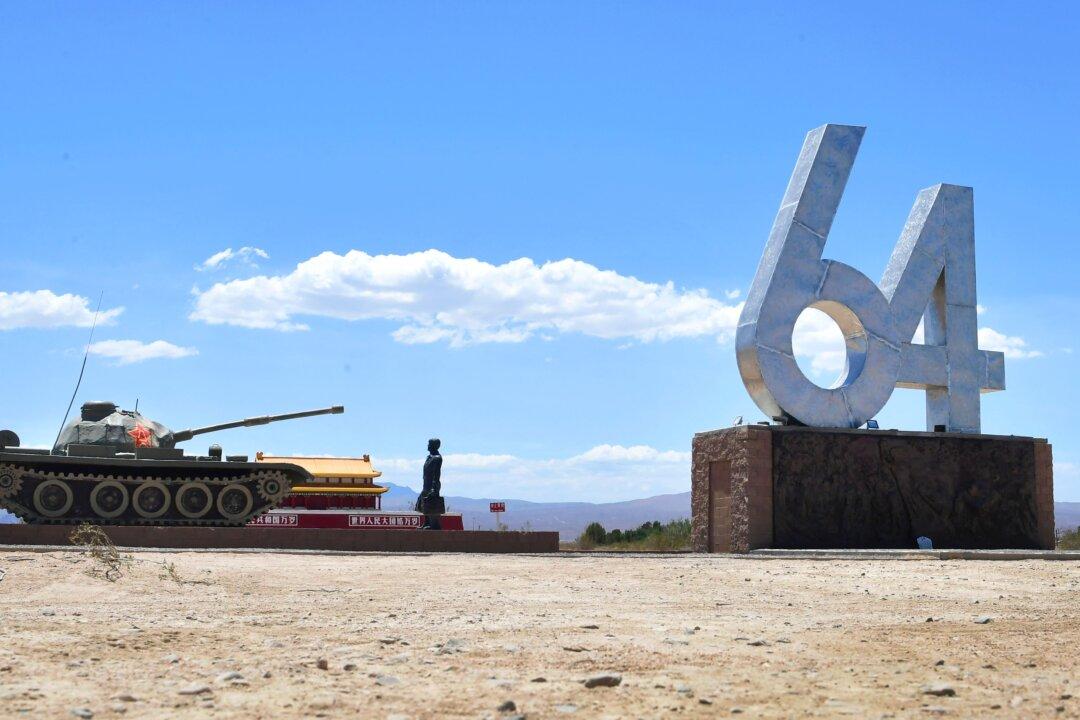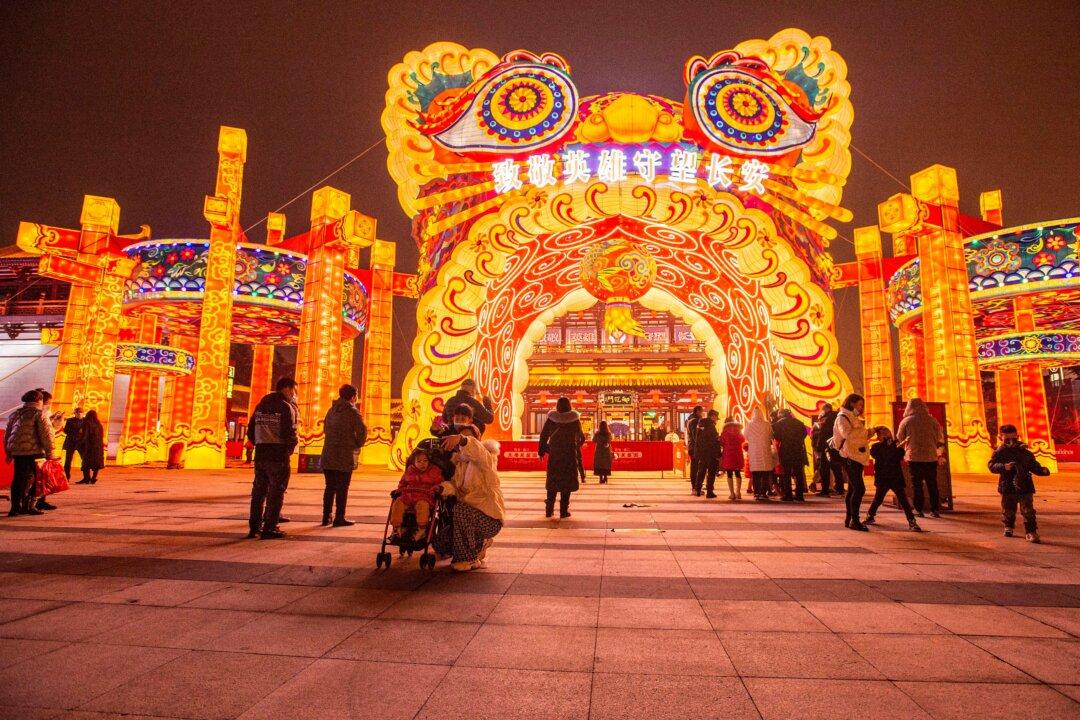Commentary
This article was originally written for Apple Daily, as the author’s weekly column for the newspaper’s online English section. However, following the police raid on the newspaper on June 17, 2021, and the arrest of the editor and four senior executives, Apple Daily understandably decided not to publish. It was written the night before the police raid on the newspaper.




